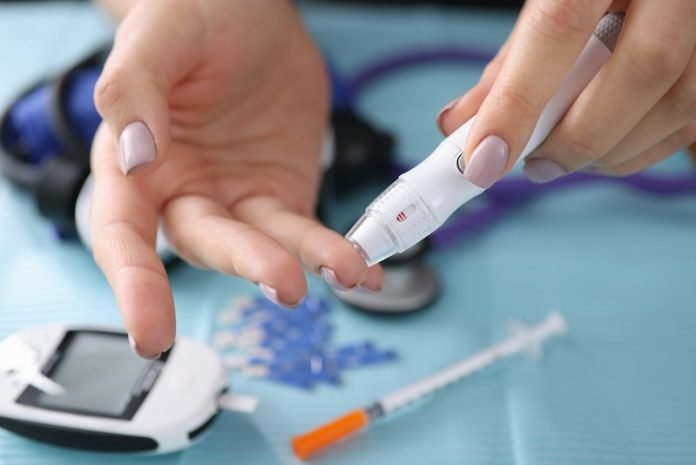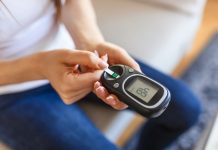
Diabetes is a chronic condition that affects how the body turns food into energy.
While many people are familiar with insulin as a treatment for diabetes, there are also numerous non-insulin medications that can effectively manage this condition.
These treatments are particularly important for people with type 2 diabetes, who often need to control their blood sugar levels through methods other than insulin.
This article will delve into the world of oral and injectable non-insulin drugs, explaining how they work and their benefits.
Oral Medications
Oral medications are the most commonly prescribed form of non-insulin diabetes treatment. They are easy to take and work in various ways to lower blood sugar levels:
Metformin: This is often the first medication prescribed for type 2 diabetes. It works by reducing the amount of sugar your liver releases into your blood and makes your body’s cells more sensitive to insulin.
Metformin has been widely studied and is known for its effectiveness and safety, making it a cornerstone of diabetes treatment.
Sulfonylureas: Drugs like glipizide, glyburide, and glimepiride increase the release of insulin from the pancreas. They are effective in lowering blood sugar levels but can sometimes cause them to drop too low (hypoglycemia).
DPP-4 inhibitors: Examples include sitagliptin, saxagliptin, and linagliptin. These medications help increase insulin production when blood sugars are high and decrease the amount of sugar made by the liver. They tend to have a neutral or beneficial effect on weight and carry a lower risk of hypoglycemia.
SGLT2 inhibitors: Drugs such as canagliflozin, dapagliflozin, and empagliflozin work by preventing the kidneys from reabsorbing sugar back into the blood. Instead, sugar is excreted through urine.
These medications not only help control blood sugar but also have cardiovascular and kidney benefits, which is a significant advancement in diabetes care.
Thiazolidinediones: Pioglitazone and rosiglitazone help insulin work more effectively in the muscle and fat and also reduce glucose production in the liver. However, they can have side effects like weight gain and increased risk of heart failure, so they are not suitable for everyone.
Injectable Medications
Injectable non-insulin medications are another option for managing blood sugar, particularly when oral medications are not enough:
GLP-1 receptor agonists: These include exenatide, liraglutide, dulaglutide, and semaglutide. They mimic the action of a hormone called GLP-1, which helps the pancreas produce insulin more efficiently.
These drugs slow down digestion and help lower blood sugar levels. They are particularly known for their weight loss benefits and have also been shown to reduce cardiovascular risk.
Amylin analogs: Pramlintide, the only drug in this class, can be used alongside insulin. It helps lower blood sugar by slowing stomach emptying and decreasing the release of sugar into the blood after meals.
Both types of treatment have revolutionized diabetes management by offering options that cater to different needs and conditions.
Recent research has shown significant benefits in managing blood sugar levels, weight, and cardiovascular health with these drugs, greatly improving quality of life for diabetics.
In conclusion, while insulin remains a vital treatment for diabetes, especially in type 1 diabetes, the range of non-insulin oral and injectable drugs provides effective alternatives for managing type 2 diabetes.
These medications allow for more personalized diabetes care, helping patients maintain better control over their condition with fewer side effects. As research advances, the future for diabetes treatment looks promising, with more refined and effective options continually becoming available.
If you care about diabetes, please read studies that pomace olive oil could help lower blood cholesterol, and honey could help control blood sugar.
For more information about diabetes, please see recent studies about Vitamin D that may reduce dangerous complications in diabetes and results showing plant-based protein foods may help reverse type 2 diabetes.
Copyright © 2024 Knowridge Science Report. All rights reserved.



